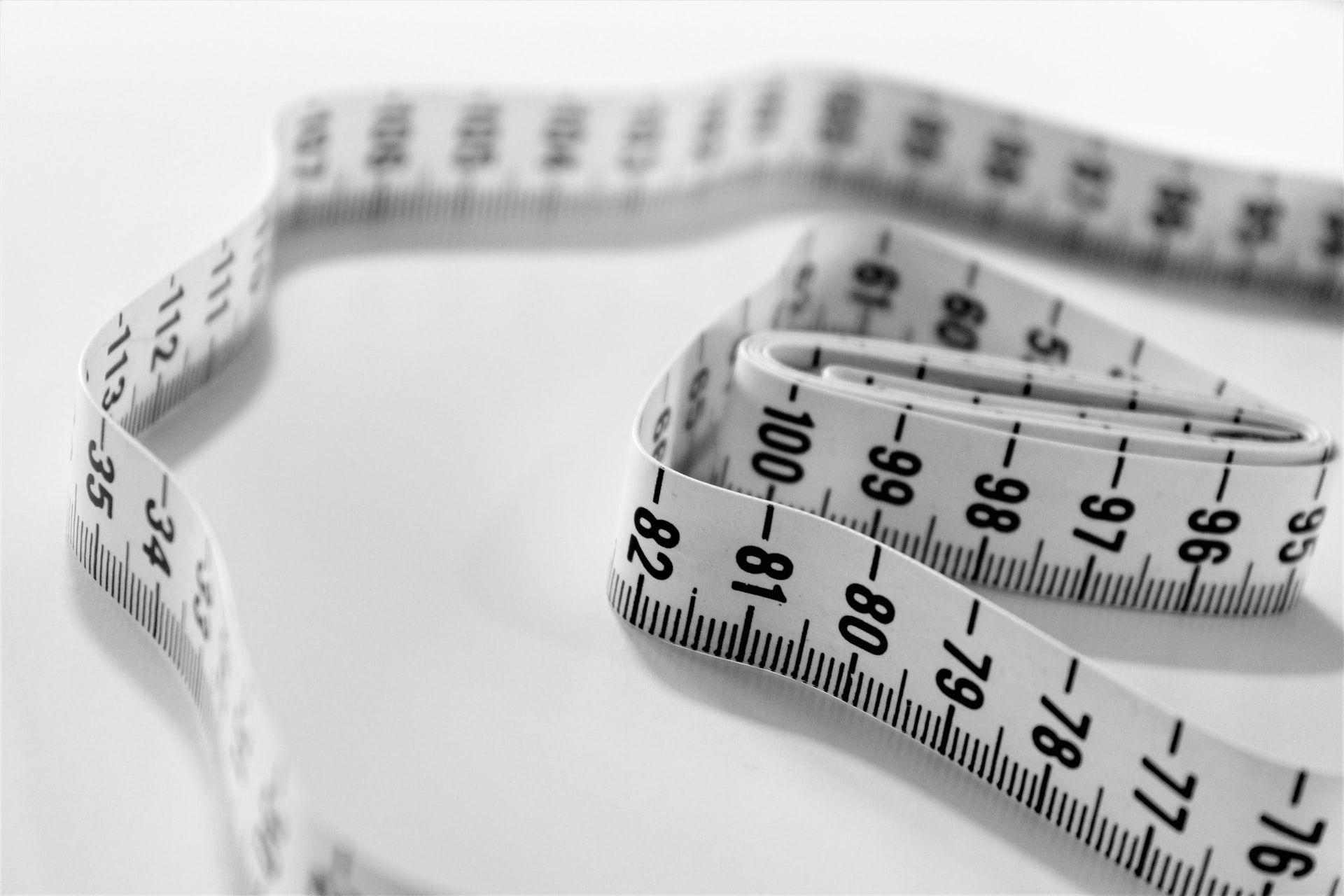Obesity and weight loss: how genes can affect our ability to lose weight
Losing weight can be a real struggle.
Changing the eating or exercise habits you've established over months, years and sometimes decades is no easy task. And it seems that some people have a tougher time than others achieving their ideal weight. We've all got one of those friends, right?
It can feel pretty unfair when your willpower is in overdrive and you're still not seeing the results you're looking for. But weight loss isn't just about how many HIIT sessions you fit into a week or how many greens you pack into your morning smoothie.
Your genetics have a role to play, too.
Genetics, weight loss and obesity: what the science tells us
Human beings have largely the same DNA. But differences in our genes determine the things that make us unique — our hair colour, our body shape and, yes, even our ability to lose weight.
Scientists have found a whole host of genes associated with obesity, metabolism and fat storage.
For example, if you carry a particular variant in their MC4R gene, then you'll be predisposed to having increased levels of body fat. People with the MC4R gene are 8% more likely to be overweight and 12% more likely to be obese.
What's more, if you're actively trying to lose weight, there are a number of ways genetics might be hampering your efforts.
Genes and your appetite for food
The "hunger hormone" — ghrelin — encourages us to eat. And if you have a specific variant of the FTO gene, then you may have higher levels of ghrelin, and a higher than average BMI too.
Because ghrelin continues to circulate in the body even after a meal, people with this gene variant tend to continue eating, to satisfy their appetite. This overeating can then lead to weight gain and obesity. Sound familiar?
So what can you do about it? For one, you can increase your consumption of protein and fibre-rich carbohydrates at breakfast to reduce hormones, improving satiety throughout the day.
Shifting your saturated fat intake towards polyunsaturated fats can also diminish the genetic effects of FTO polymorphism — reducing the impact your genes have on weight loss or gain. In plain English? Salmon, trout, walnuts, tofu and sunflower oil get the green light. But coconut, red meat, pastry and whole milk should be avoided.
Your body's response to dieting
Are you a yo-yo dieter, losing weight only to pile it back on again?
People who carry a genetic variant of the ADIPOQ gene are more likely to bounce back to their heavier weight after a period of low-calorie eating and weight loss. What's more, this genetic variant is also associated with lower levels of adiponectin — a protein hormone that helps regulate glucose levels and plays a key role in energy metabolism.
If your adiponectin levels are low, you are at an increased risk of intra-abdominal fat (fat that's stored inside the abdominal cavity) and insulin resistance. Together this can be associated with Type 2 diabetes as well as hard-to-shift weight gain.
Can you overcome your genetic makeup and lose more weight?
Your DNA holds at least some of the answers for your weight gain or loss. Genetics will make it harder for some people to shift the extra pounds, and some dieters with a genetic variant may lose weight slower than others.
A DNA health test is the best way to find out if genetics play a role in your weight loss journey. Once you know what you're working with, you can look to change your habits, lifestyle and mindset to beat your genetic makeup and regain control.
Because your genes are only part of the bigger picture. We all need to eat well, exercise regularly and commit to healthy choices long-term to stay in shape. And those choices are up to you!
MyHealthChecked Weight Management DNA test
MyHealthChecked DNA health tests help open your eyes to what's going on inside your body. With your personalised health report dashboard, you'll know which foods to stock up on and which to avoid when losing weight.
